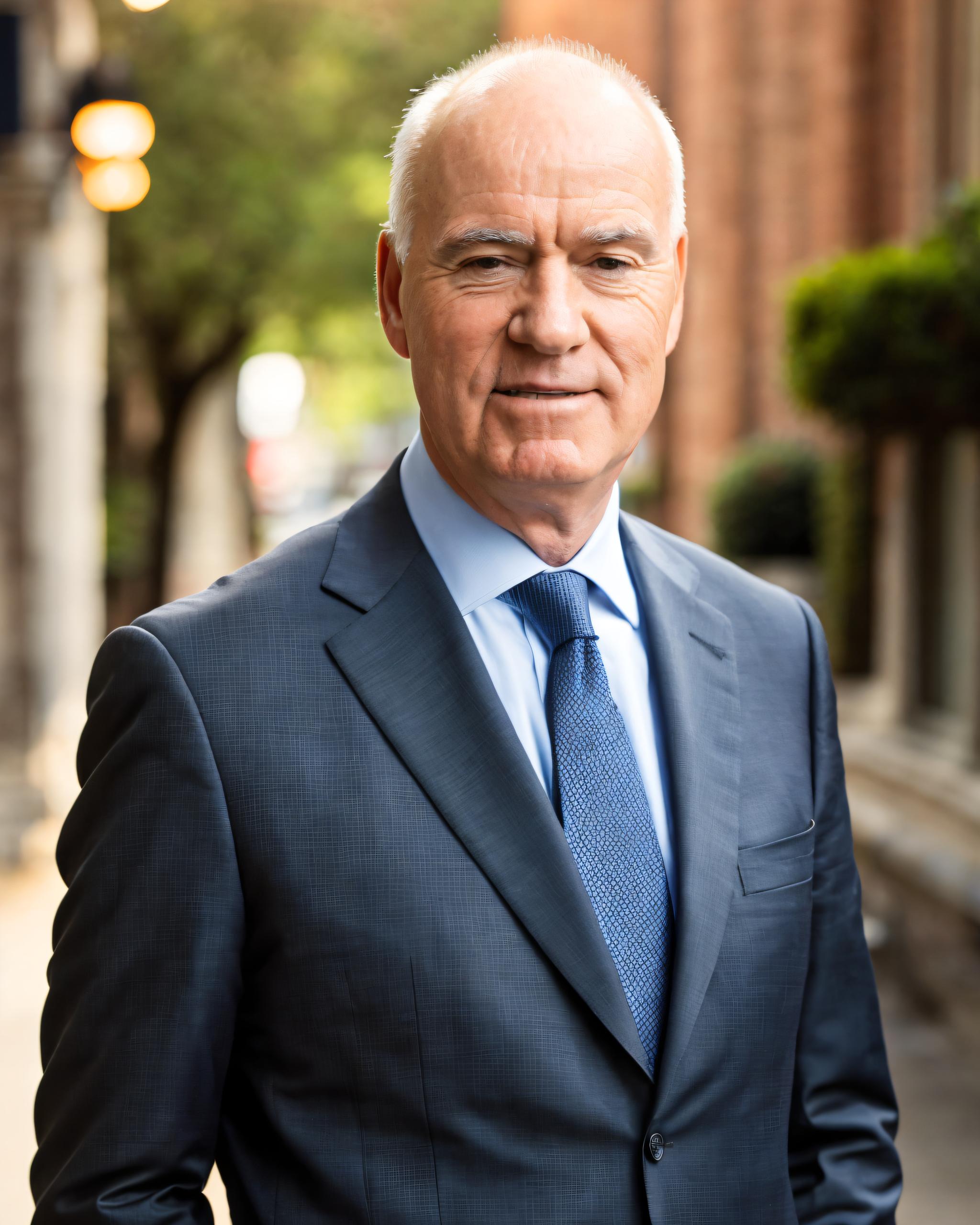By providing this advice, we hope to inform you about a comprehensive range of drug and alcohol rehab programs, as well as other options available to you in London.
Rehabilitation programs
Individuals looking to overcome drug or alcohol addiction are usually advised to participate in a four-week rehabilitation program.
These programs employ a mix of medical and therapeutic methods to assist patients in their path to recovery.
At the rehabilitation centre, a combination of rest and prescribed medications is used to address the detoxification process.
Stopping drinking without any help can be difficult, especially during the early stages when withdrawal symptoms appear.
The prescribed detox medication is intended to aid you in safely managing these symptoms and achieving a quicker recovery.
How we can help
We offer access to safe, secure and successful facilities where clients can receive assistance with their addiction, develop practical life skills, and reintegrate into their communities.
At Rehab Guide, we aim to liberate our clients from feelings of isolation and guide them towards the path of recovery with the guidance of our skilled addiction treatment team.
We aim to alleviate people from the stress of locating and accessing the right addiction services in the area through the knowledge and skills of our seasoned addiction treatment staff.
Get in touch with our team to discuss the following options:
The length of your program: Are you interested in a brief intervention or a prolonged rehabilitation program in London? Specific centres may suit your needs if you require a residential facility for an extended period.
Your desired level of care: It is vital to ensure that the addiction rehab in London you choose provides the specific levels of care you need, such as medical detoxification and outpatient treatment.
Rehab for specific groups: Drug rehab in London sometimes provide tailor-made programs for different groups of individuals, including Veterans and individuals with co-occurring disorders.
London also has specialised programs for the LGBTQ+ community and denomination-specific programs like Christian drug rehabilitation centres. These programs cater to specific populations and their unique needs.
Detoxification
The only safe and comfortable way to begin addiction recovery is by receiving a medically supervised detoxification.
We only recommend CQC-registered rehabilitation centres for patients.
This ensures that all patients attend an addiction rehabilitation facility that has experienced medical staff on hand to plan and oversee their drug or alcohol detoxification.

Therapeutic schedule
A supportive and effective addiction treatment schedule then follows detoxification from substances, focusing on the following:
- Therapy for complex issues
- Enhancing life and decision-making skills
- Learning essential relapse prevention techniques
Discover the duration and schedules of our program choices by calling our addiction consultants.
Relaxation and recreation
A comfortable, safe and stress-free retreat to heal your mind and body is essential to those in addiction recovery.
Slots between the treatment schedules allow you to enjoy the facilities and relax in your shared living room or grounds.
The recommended rehab clinics have the following facilities:
- Private rooms: an individual room with en-suite
- Gym or swimming pool: most facilities will have sports facilities
- Holistic therapy room: enjoy a relaxing and uplifting treatment
- Communal room: a library with tea and coffee where you can socialise
Relaxation time is essential for your mental health, allowing you time to recuperate and reflect on your time in addiction therapy.
Addictions treated in rehab
Rehab Guide can give you all the information you need to gain access to treatment for the following addiction issues:
- Substance abuse
- Alcohol dependency
- Gambling addiction
Do I need rehab?
Experiencing any signs of alcohol withdrawal signifies a dependency on alcohol. Therefore, abruptly ceasing alcohol consumption without medical assistance is unsafe in the presence of alcohol dependence.
You may require rehabilitation if you have the following symptoms:
- You can’t stop drinking alcohol once you start
- Craving alcohol when you stop
- Withdrawal symptoms
- You keep drinking despite the many negative consequences
- Have tried to quit but relapsed many times
On occasion, when an individual ceases consuming alcohol, they may experience tremors in their hands.
Moreover, individuals may encounter more intense withdrawal symptoms upon discontinuing alcohol consumption, including seizures, hallucinations, or delirium tremens.
The medications provided can reduce or eliminate these symptoms in the London rehab.

John has dedicated his life to finding treatment for those with addictions and supporting their families.
A business manager for 20 years in the construction industry John’s own experience of addiction led him to found his own rehab centre group in Scotland.
John qualified as a counsellor for people with substance misuse during his time working as a therapist and manager for the foundation. He also trained as an interventionist and appeared on ITV as a consultant helping families impacted by addiction.
He has helped thousands of people in recovery and his knowledge of the rehabilitations process and the addiction experience is unparalleled.



